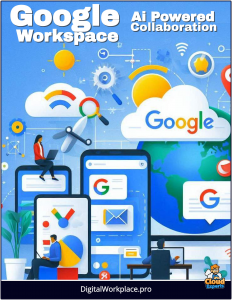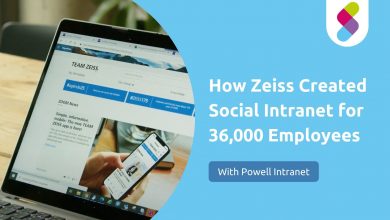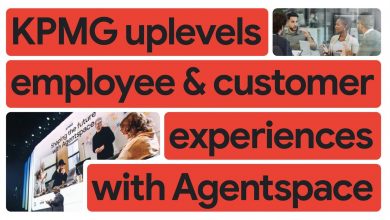Haydn Sallmann | Gen AI Leadership Strategies for the Future of Work
The Google Workspace team views AI integration as a transformative force for modern work, emphasizing its role in enhancing human capabilities rather than replacing them.
 In this video, Haydn Sallmann, Director of Google Workspace Sales for APAC, unveils the critical findings from their new executive study.
In this video, Haydn Sallmann, Director of Google Workspace Sales for APAC, unveils the critical findings from their new executive study.
They surveyed over 100 CXOs across the region to understand the real challenges and strategic opportunities of integrating AI—from boosting productivity and managing security threats to upskilling teams for the future.
The Google Workspace team views AI integration as a transformative force for modern work, emphasizing its role in enhancing human capabilities rather than replacing them.
Drawing from official announcements, blog posts, and social media insights, their perspective highlights AI as a “collaborative partner” that drives efficiency, safeguards data, and prepares workforces for an AI-driven future. This exploration focuses on three key strategic opportunities: boosting productivity, managing security threats, and upskilling teams.
Boosting Productivity
The Workspace team sees AI as a catalyst for unlocking creativity and efficiency, freeing employees from routine tasks to focus on high-impact work. Over 100,000 customers have adopted generative AI features like Gemini and NotebookLM Plus, which are now included in Business and Enterprise plans without add-ons, reducing mundane workloads such as note-taking or document synthesis.
Tools like Gemini act as a “research analyst” for spotting trends, a “sales associate” for crafting proposals, and a “productivity partner” for email drafting and summarization, saving hours daily. Internally, Googlers use AI to spark ideas and streamline processes, fostering innovation and new roles centered on strategic initiatives.
Customer stories underscore this: Questrade saves hours on strategic tasks, Virbac automates low-impact work for global collaboration, and Docusign accelerates learning and project starts via an “AI innovation playground.”
Upskilling Teams for the Future
The Workspace team champions AI as an opportunity to build lifelong learning cultures, addressing adoption gaps that could limit economic gains (e.g., £400bn in the UK from AI innovation, half dependent on worker uptake).
Rising leaders (per a Harris Poll) use AI to automate routines, freeing 50% for strategic tasks and accelerating career growth.
They advocate for public-sector-led training, accredited short courses via Skills England, and resources like the “AI Prompting Essentials” webinar and New Fundamentals series to equip teams. Google’s $75 million AI Opportunity Fund and AI Essentials Course aim to democratize access, ensuring “everyone can take advantage of AI opportunities.”
Conclusion
From the Google Workspace team’s vantage, AI integration isn’t just tactical—it’s strategic, promising measurable gains in output, resilience, and readiness. By embedding tools like Gemini across apps, they’re enabling businesses to “outdo themselves” securely and sustainably. For deeper dives, explore resources like the AI Works report or Workspace Labs for hands-on experimentation.



